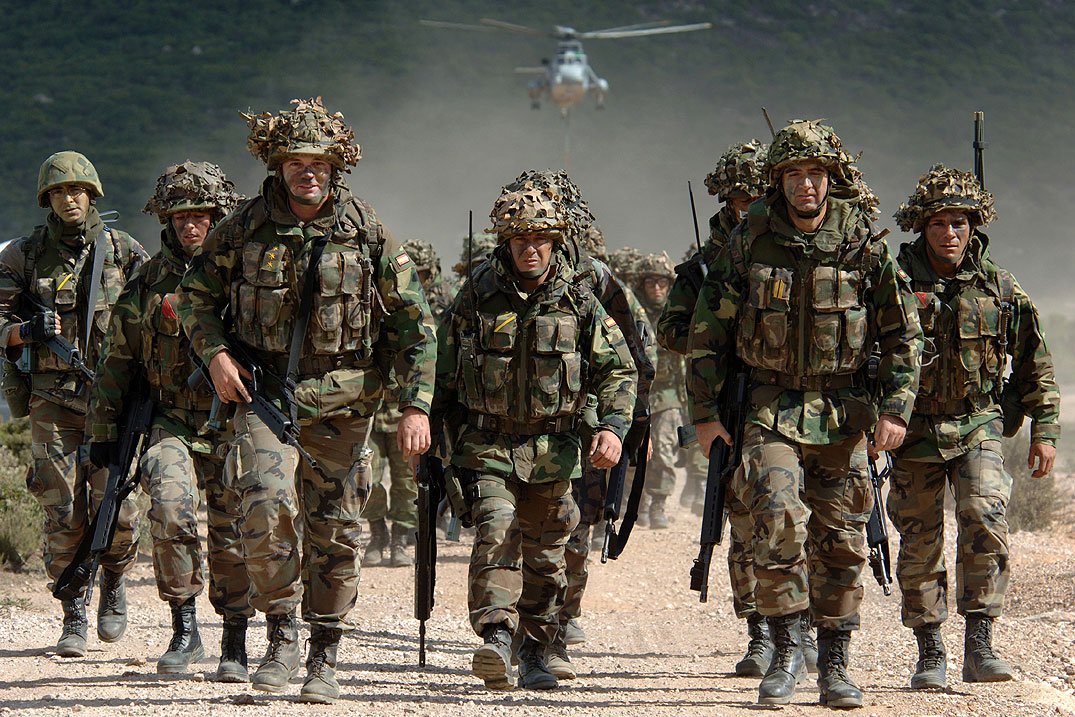With tensions mounting between Afghanistan and the United States over embarrassing errors of judgment and disagreements about means and ends, both governments now acknowledge that Nato is on its way home.
The conversation about an early exit of US and Nato forces from Afghanistan has focused on numbers of soldiers, combat strategy, territory and ideology — and about whose policies have been thwarted, whose interests have been undercut, who cuts deals with whom and who will run Afghanistan when the West has left.
These questions are critical to the future of Afghanistan and its neighbours. They are also short-term, transactional and, ultimately, incomplete lenses through which to view a complex country and an even more complicated regional political economy that, after decades of war, is barely headed to recovery. After years of insisting that building the Afghan “nation” was irrelevant to Western aims, it turns out that building the Afghan state was precisely what was needed and what is dangerously lacking now.
The evidence, easy to find, is damning. Anticipating the departure of foreign troops, the World Bank and the Afghan government recently examined Afghanistan’s post-Nato economic prospects and reported what insiders have known for a long time: The foreign military presence has driven international aid priorities, often to the exclusion of basic needs. Though skewed toward the military mission, this aid has been essential to the survival of the Afghan government and state. In Nato’s absence and with deep donor discord about Afghanistan’s future, civilian assistance is likely to diminish, too.
With security compromised by this huge financing shortfall, essential investment for development will become increasingly difficult. Afghan President Hamid Karzai’s complaints about abuses committed by foreign security forces notwithstanding, it is already difficult, if not impossible, for aid organisations to function in insecure environments. Worse may come when troops leave. Crunch the numbers, and the same truths emerge: Without security, assistance disappears; without aid, the state barely survives.
Afghanistan cannot live hand-to-mouth at the mercy of foreign donors. This admonition will sound familiar to those who followed Afghanistan’s failed-state troubles in the 1990s. Karzai’s early, ambitious development strategies were meant to build an increasingly self-sufficient state, but 10 years of war thwarted this goal. Nato’s departure may provide the economic shock needed to persuade Afghans that an accountable and capable state is necessary to avoid future penury, and Afghanistan’s neighbours — particularly Pakistan, still home to two million Afghan refugees — that helping to solve Afghanistan’s economic woes is in its best interests, too.
That sounds like a lot for Pakistan’s military to swallow. But endless interference across the border, meant to stabilise Pakistan’s own security, hasn’t worked: Military and civilian casualties are very high; insurgency has grown at home even as the army claims anti-Taleban victories along the Afghan border; and younger generations show little patience for a garrison state armed with intrusive intelligence officers, tone-deaf generals and corrupt politicians. Recent public opinion polls show profound dissatisfaction across the political spectrum and are forcing politicians, judges and, no doubt, some generals to rethink their roles and the nature of the state they’ve built over the past 60 years.
This is the political message that could drive new relationships between the two countries. The starting point is not encouraging, but the logic of change is. Pakistan’s economy, although larger and more diverse than Afghanistan’s — Afghans can barely imagine Pakistan’s per capita income of close to $3,000 — is not flourishing. The costs of war have hit the budget hard, the price of regional mistrust and instability are calculated in investment losses. These are the consequences of military adventures in Afghanistan, and, many Pakistanis would argue, recent misplaced alliances with the United States. If Afghanistan can teach Pakistan anything, it is that security is not solely about armies, fighting doesn’t fix poverty, closed borders won’t stop frightened, hungry refugees — and spoilers inevitably lose the big battles.
Without Nato in Afghanistan and with an inevitably declining American presence in Pakistan, both countries have to rethink their bilateral relationship; with economics at the center, they stand a chance of succeeding where they have previously failed. This is one way to think seriously about how these two neighbours recover from the worst they have inflicted on one another.
Nato was always going to leave Afghanistan. The hard work now needs to be done where it is most needed — at home in Kabul and Islamabad
SOURCE:




0 comments:
Post a Comment